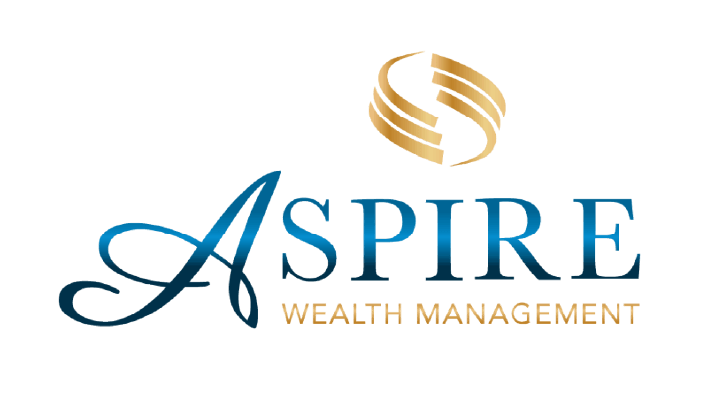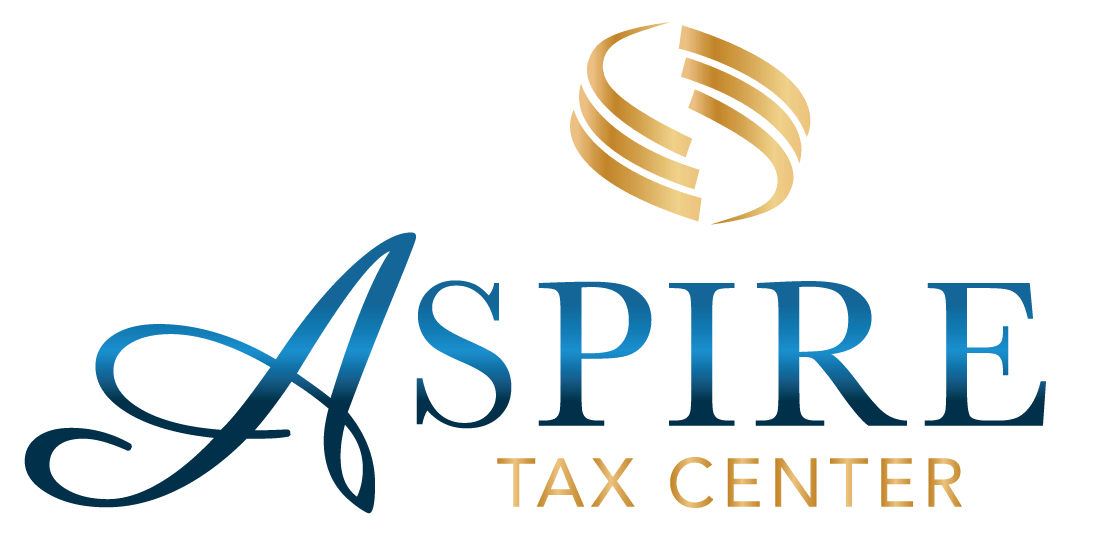
Required Minimum Distributions
Required Minimum Distributions (RMDs) generally are minimum amounts that a retirement plan account owner must withdraw each year once they reach a certain age. The starting age was 72. However, under Secure Act 2.0, the starting age for RMDs changes to 73 in 2023. In 2033, the starting age will change to 75.

Getting to Know You and Your Goals
Your goals, needs, and concerns are unique. Your plan should be unique too. We start our planning process with a conversation. In this conversation, we discuss your objectives.
What does your dream retirement look like? Where do you see yourself in the future? What risks or threats could derail your retirement dreams? These are just a few of the questions we try to answer during our initial conversation.
During this stage, we also seek to better understand your finances. How much do you have saved for retirement or other goals? How are your assets allocated? What does your tax picture look like? We analyze your finances to determine a baseline for your future strategy.
Developing a Plan
Once we understand your goals, risks, and your current financial situation, we start the process of developing your plan. While your plan may include many components, it's all about answering one basic question:
How do we get from your current status to your objective, with as little risk as possible?
Again, the actual plan itself will depend on your goals and needs. Some of the areas we may address could include:
- Savings strategies
- Investment management
- Insurance and risk protection
- Tax management and minimization
- Income strategies for retirement
- Estate planning
- Long-term care funding
- And more
Our plans are comprehensive, and they're guided by your unique concerns and objectives. We present and discuss the plan and tweak as needed with your input.
Implementing the Plan
Once we've developed your financial plan, the next step is to put it into action. Again, the specific actions at this step depend on your unique plan.
At this stage, we may transfer investment accounts and reallocate them. We may work with you to put insurance and other risk management strategies in place. We may restructure assets to take advantage of tax opportunities.
The previous step was about planning; this step is when the plan turns into reality. Our team works with you every step of the way to make this process as seamless as possible.
Reviewing the Plan
There's no end date on a financial plan. Just as your life changes, so too do your financial objectives and needs. Your tolerance for investment risk may change. Your family needs could change. Your dreams for retirement might change.
It's impossible to predict the future, which is why no financial plan can ever be considered permanent. We'll meet regularly to review your plan and make adjustments as needed.
Life changes. We're here to serve as your partners through any changes that may come your way.
Let's connect today to discuss your planning needs. Maybe you don't have a financial plan. Or perhaps you do have one, but it doesn't reflect your current needs and goals. Either way, you may benefit from a financial planning consultation.
It all starts with a no-cost, no-commitment conversation. We'll discuss your goals, needs, and concerns and then agree on next steps. Contact us today to start the conversation. We welcome the opportunity to help you take control of your financial future.
Generally speaking, you take your first RMD at age 73, but that doesn’t mean you take it on your 73rd birthday. You have some flexibility on when you can start.
You must take your first RMD by April 1 of the year following the year in which you turn 73. All subsequent RMDs must be taken by 12/31 of their respective years.
As of 2023, there is some RMD penalty relief.
If required minimum distributions are not taken, the excise tax penalty is reduced to 25% for taxable years beginning in 2023. The penalty is further reduced to 10% if correction is made within two years after the end of the taxable year in which the distribution was missed.
When you pass away, your qualified account is passed on to your designated beneficiary. They have the option to take the account balance as a taxable lump-sum payout, but depending on their relationship to you, they may also have options to continue ownership of your account.
Eligible Designated Beneficiaries
• An “eligible designated beneficiary” is someone who meets one of the following criteria:
• Surviving spouse
• Disabled individual
• Chronically ill individual
• Minor child
• Individual who is not more than 10 years younger than the account owner
These individuals have a few options as beneficiaries:
• Take the balance as a taxable payout
• Continue the account as an inherited IRA and take RMDs based on their own life expectancy
• Surviving spouses have a third option -continue the account and delay RMDs until the later of the original account owners age 73 or their own age 73
Non-Eligible Designated Beneficiaries
Beneficiaries who don’t meet the criteria have a different set of options. These are basically non-spousal beneficiaries who are not minor children but are also more than 10 years
younger than the account owner. Very often, these beneficiaries are adult children.
They have the following options:
• Take the balance as a taxable payout.
• If the account owner already started RMDs, continue those RMDs and withdraw the balance within 10 years.
• If the account owner did not start RMDs, withdraw the account balance within five years.
You’re required to take distributions from your qualified accounts at age 73, but it’s possible you may not need then income. If so, what do you do with those RMDs? Or how can you avoid them altogether?
You have a few options…
Invest It
You can take your RMDs and invest them in either a non-qualified brokerage account or in a Roth IRA, if you meet the Roth eligibility requirements. You still have to pay taxes on the RMD, but you can potentially continue to grow the assets. If you contribute the funds to a Roth, you can leave them to your beneficiaries tax-free.
Convert It
Want to avoid RMDs altogether? One way to do that is by converting your traditional IRA to a Roth IRA. When you do this, you pay taxes on the converted amount. The balance is then contributed to a new Roth IRA, which does not have RMDs.
Donate It
You can donate to a charity directly from your IRA using something called a qualified charitable distribution (QCD). These distributions are transferred to the charity, so they aren’t counted as taxable income to you. That allows you to support your favorite cause, meet RMD requirements, and avoid income taxes on the RMDs.





